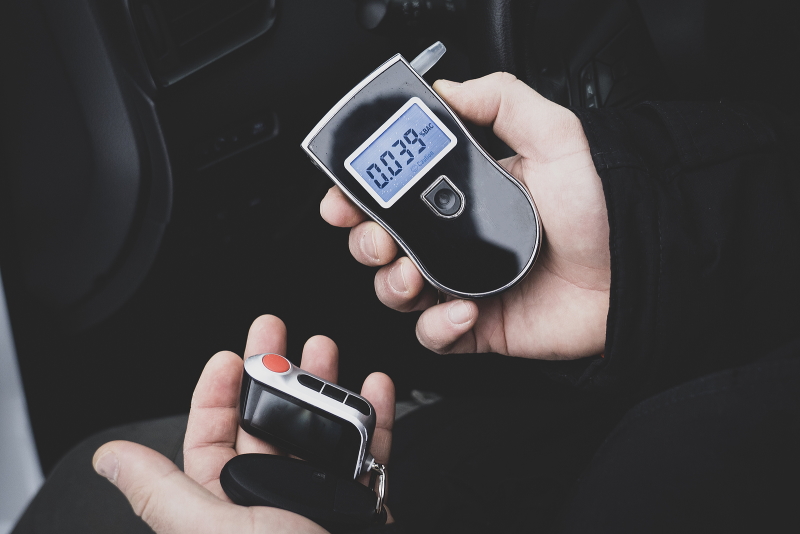Understanding Breathalyzer Tests
Breathalyzer tests are commonly used by law enforcement to measure blood alcohol content (BAC) in individuals suspected of driving under the influence. These tests are typically administered at the roadside and can provide immediate results, which are crucial in DUI cases.
It is important to understand that the accuracy of breathalyzer tests can be affected by various factors, including the calibration of the device, the timing of the test, and even the individual's physiological characteristics. Knowing these details can help individuals better navigate their legal rights if they face charges related to breathalyzer results.
Legal Implications of Breathalyzer Refusal
Refusing to take a breathalyzer test can have serious legal consequences, particularly in Texas, where implied consent laws apply. This means that by driving on Texas roads, drivers automatically consent to submit to chemical testing if suspected of DUI.
Consequences of refusal may include automatic license suspension, increased penalties if convicted, and the potential for additional charges. Understanding these implications is vital for anyone facing a DUI situation and can influence decisions made at the time of a traffic stop.
Defending Against Breathalyzer Evidence
Defending against charges that rely on breathalyzer evidence can be complex, but there are strategies that an experienced attorney can employ. These may include challenging the validity of the test, questioning the officer's procedures, or presenting alternative explanations for the results.
For example, factors such as medical conditions, certain medications, or even improper administration of the test can all impact the reliability of breathalyzer results. A strong defense hinges on a thorough understanding of these nuances and the ability to present them effectively in court.
Consulting a DUI Attorney
When facing DUI charges, consulting a knowledgeable DUI attorney is essential. An attorney can provide guidance on the legal process, help assess the strengths and weaknesses of the case, and develop a tailored defense strategy.
Moreover, an attorney experienced in DUI cases can navigate the complexities of Texas law, ensuring that defendants understand their rights and options. Early legal intervention can significantly impact the outcome of a case, making it a crucial step for anyone charged with DUI or related offenses.

